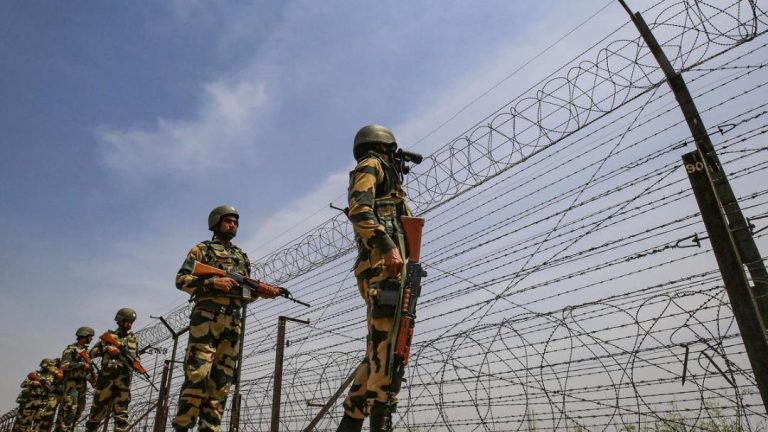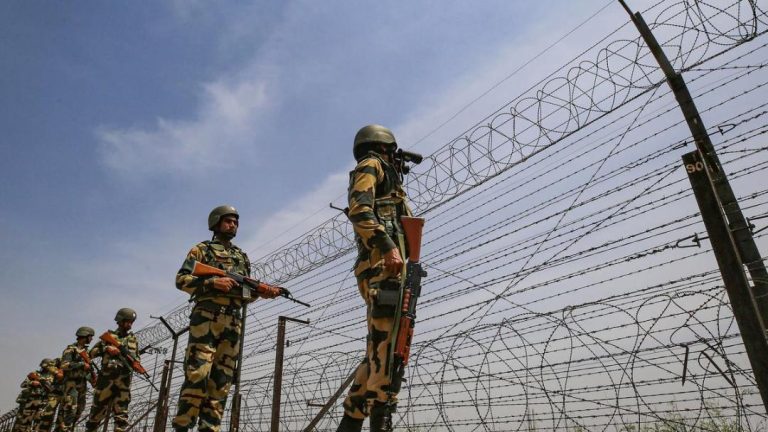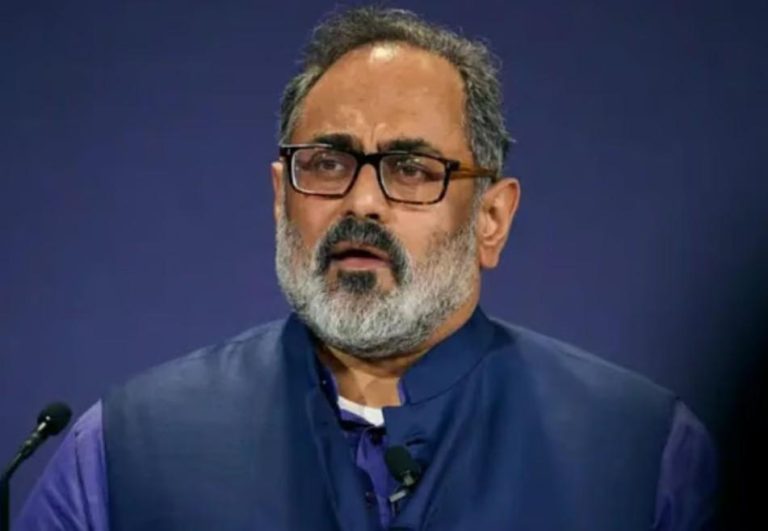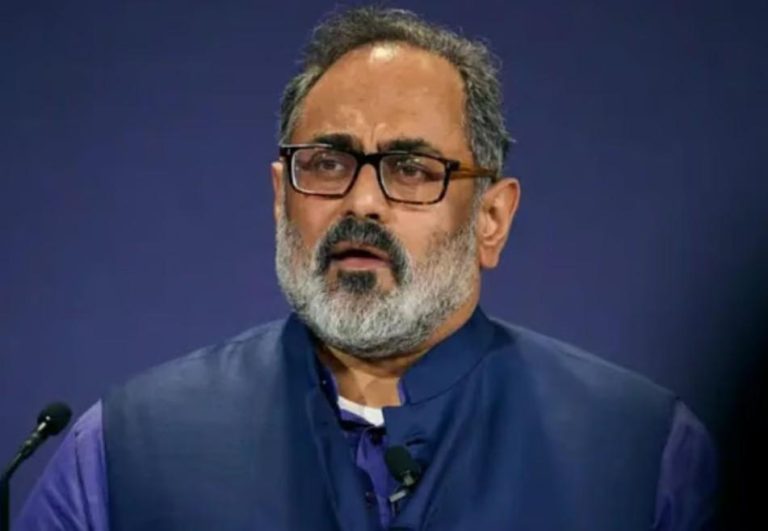
Indian National Jailed for 4 Years in Sri Lanka for Match-Fixing
Cricket, a sport loved by millions around the world, has been plagued by the issue of match-fixing for years. The practice of manipulating the outcome of matches for personal gain has led to numerous controversies and scandals in the world of cricket. Recently, an Indian national, Yogi Patel, was sentenced to four years in prison for match-fixing in Sri Lanka’s 2024 Legends League T20 tournament.
According to a report, Patel was found guilty of proposing to fix matches and was fined a whopping SLR 85 million (approximately INR 3.5 crores). Additionally, he was ordered to pay SLR 2 million (approximately INR 8 lakh) to Upul Tharanga, chairman of Sri Lanka selectors, for defamation.
The incident highlights the seriousness with which match-fixing is taken in cricket, and the strict measures that are in place to prevent and punish such activities. The Sri Lankan court’s decision to sentence Patel to hard labor is a testament to the country’s commitment to maintaining the integrity of the sport.
The 2024 Legends League T20 tournament was a prestigious event that brought together some of the greatest cricketers from around the world. The tournament was designed to showcase the skills of retired cricketers, who came together to compete against each other. However, the tournament was marred by controversy when Patel was accused of proposing to fix matches.
Patel’s actions were detected by the Sri Lankan cricket authorities, who launched an investigation into the matter. The investigation revealed that Patel had indeed proposed to fix matches, and he was subsequently charged with match-fixing.
The trial was highly publicized, with many cricketers and fans following the developments closely. In the end, the court found Patel guilty of the charges, and he was sentenced to four years in prison. The fine of SLR 85 million was also imposed, which is a significant amount considering the average salary of a Sri Lankan cricketer.
The sentence has been widely welcomed by cricket fans and authorities around the world. The International Cricket Council (ICC) has been at the forefront of the fight against match-fixing, and the Sri Lankan court’s decision is a significant victory for the organization.
“This sentence sends a strong message that match-fixing will not be tolerated in cricket,” said an ICC spokesperson. “We commend the Sri Lankan court for taking a firm stance against this type of corruption, and we hope that this decision will serve as a deterrent to others who may be considering similar actions.”
The incident has also raised concerns about the level of corruption in Indian cricket. While match-fixing is not unique to India, the country has been plagued by numerous scandals in recent years. The BCCI (Board of Control for Cricket in India) has been working to address these issues, but more needs to be done to ensure the integrity of the sport.
The Sri Lankan court’s decision is a reminder that match-fixing is a serious offense that can have severe consequences. Cricketers who engage in such activities can face imprisonment, fines, and damage to their reputation. The incident serves as a warning to all cricketers, reminding them of the importance of maintaining the integrity of the sport.
In conclusion, the sentencing of Yogi Patel to four years in prison for match-fixing in Sri Lanka’s 2024 Legends League T20 tournament is a significant development in the fight against corruption in cricket. The incident highlights the seriousness with which match-fixing is taken, and the strict measures that are in place to prevent and punish such activities. It is a reminder that cricket is a sport that values integrity and fair play, and that those who engage in corrupt activities will be held accountable.






